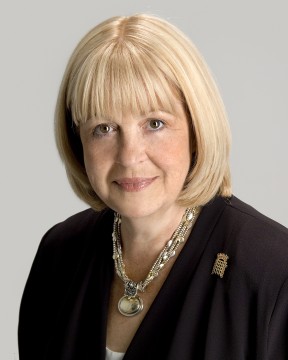Tim Loughton – 2016 Parliamentary Question to the Department of Health
The below Parliamentary question was asked by Tim Loughton on 2016-06-07.
To ask the Secretary of State for Health, what assessment his Department has made of the importance of the Corsellis Brain Collection for promoting research into brain diseases for the treatment of patients in the NHS.
George Freeman
The Department has not made any specific assessment of the importance of the collection for promoting research into brain diseases.
The excess costs of maintaining the collection compared with the income from specimen preparation over a number of years have rendered the collection unsustainable as a research resource. Every effort is being made to ensure as much of the collection as possible is available to researchers and the West London Mental Health Trust has been working with BRAIN UK (an initiative funded by the Medical Research Council which co-ordinates the distribution of tissue across the country) to support this.
As part of this strategy the Trust has therefore decided to publicise the decision to close the collection and invite requests from appropriate academic departments for tissue relevant to their research and teaching programmes, and to respectfully dispose of those tissue samples for which no scientific purpose can be envisaged. Some 7,500 out of 8,500 specimens have identified destinations as a result of this process, to departments across the United K and in the Netherlands, in Canada and in Hong Kong. The Trust has obtained the appropriate Human Tissue Authority licenses for this work. We understand that the collection will close by the end of June 2016.
The UK Brain Bank Network, which is funded by Government through the Medical Research Council, has established a national network of UK brain tissue resources (banks) for researchers to access. The Network currently involves 10 brain banks across the UK which now hold over 14,000 well characterised brains.


